
Testing of critical scenarios in a controlled environment
Testing of critical scenarios in a controlled environment
To achieve widespread market acceptance of autonomous vehicles (AV), manufacturers must meet regulatory requirements and be confident of their safety. AV technologies must therefore be thoroughly tested and proven. To be assured of consistent results, the testing toolchain must be at the same technological level as the AV functions. This requires an AV test regime that is smart, efficient, reliable, repeatable, accurate and precise. Modern automated driving functions can therefore only be verified by testing complex, critical and representative scenarios on a proving ground using multiple dynamic objects in a precisely controlled and repeatable testing environment.
Whether you are developing vehicles with AV functions; integrating your camera, LIDAR or radar-based platform; or need your sensor models verified, autonomous vehicle testing in a real-world environment is necessary. This is because it not only provides proof of the autonomous vehicle’s safety but instils trust and acceptance in the end-user that self-driving cars are safe to use on public roads. However, the verification of automated driving functions using critical and representative testing scenarios is complex and demanding as it requires a safe, fully synchronised and controlled proving ground test environment.
By conducting an assessment of your autonomous vehicles with scenario-based testing, you gain various benefits:
During the test, all dynamic and static objects, such as the autonomous vehicle under test and surrounding vehicles that represent the criticality of a defined scenario, are connected by a low latency data connection. The surrounding vehicles must be able to dynamically adjust their trajectory according to the applied strategy of the vehicle under test, as modern AV functions might display non-deterministic behaviour.
As one of the leading experts in the field of autonomous driving technology testing, TÜV SÜD offers a turnkey service for the verification of AV functions, using scenario-based testing on the proving ground. Our AV testing approach has been developed and verified during the German government-funded project PEGASUS, a consortium of industry stakeholders focused on the assessment, verification and validation of highly automated driving systems on highways. We verify your AV function and performance using end-to-end testing with the newest physical testing technology. We also confirm that your tests are conducted correctly, and the results are reliable, representative and trustworthy.
TÜV SÜD works with top automotive OEMs and suppliers globally and has been at the cutting edge of autonomous vehicle safety and performance testing for over a century. Our TÜV SÜD experts are involved in various global projects, including our work with Singapore’s Centre of Excellence for Testing and Research of Autonomous Vehicles (CETRAN), which focuses on the ever-changing challenges of regulation development and functional safety of autonomous vehicles within urban environments. We are also a charter member of the International Alliance for Mobility Testing and Standardization (IAMTS), which aims to develop a commonly accepted framework of regulations, test scenarios, verification, validation and certification methods and terminology.
By joining several working groups, our experts are deeply involved in reworking international standards that address the homologation and type approval of AV-functions, such as the upcoming UNECE regulation for ALKS (1st SAE L3 system). Based on our international expert network and industry know-how we can support you in the safe development and global roll-out of your automated technologies.
TÜV SÜD provides comprehensive assessment of with scenario-based testing to help you verifying your automated driving functions with proving ground tests:
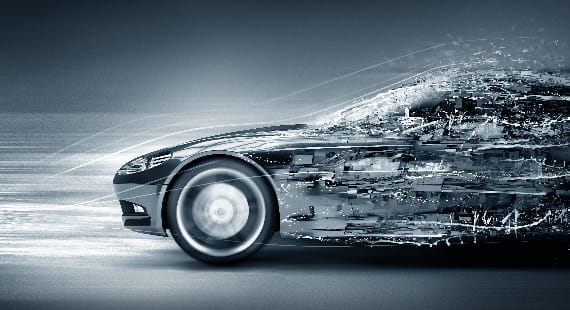
TÜV SÜD experts helped HYUNDAI AUTRON to develop a preemptive safety design
Learn more
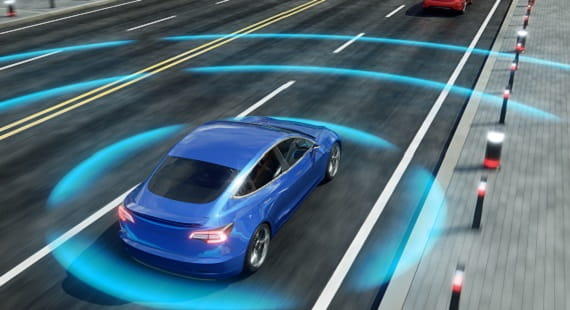
A look at the current state of developments
Learn More
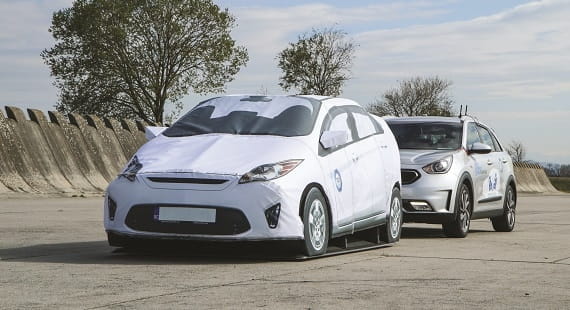
Verify your automated driving functions via proving ground tests
Learn More
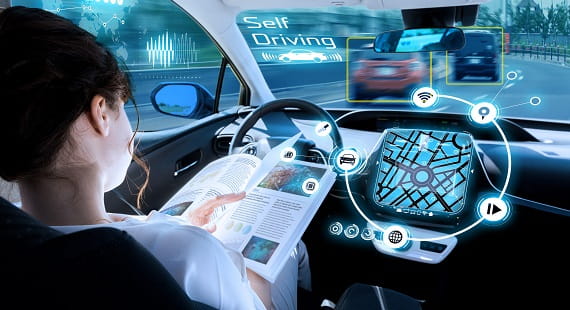
A six-point approach for developing a regulatory framework.
Learn more
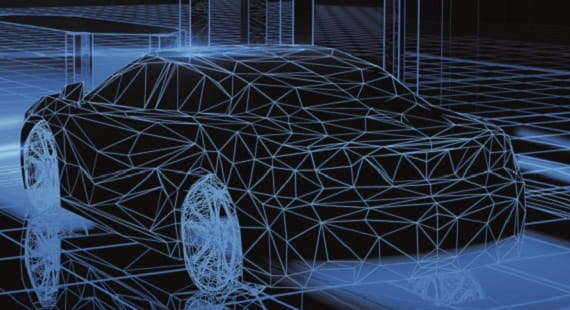

Ensure road safety with increasing connectivity
Learn more
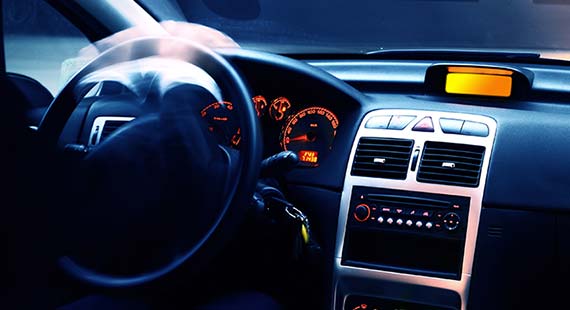
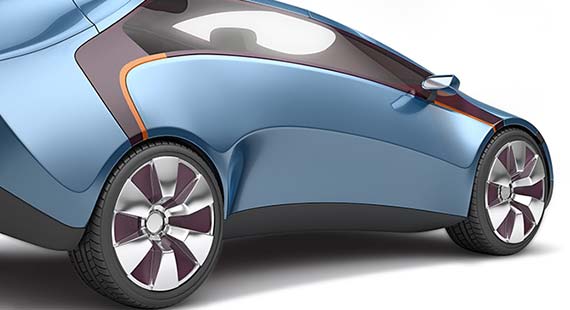
Sélectionnez votre emplacement
Global
Americas
Asia
Europe
Middle East and Africa